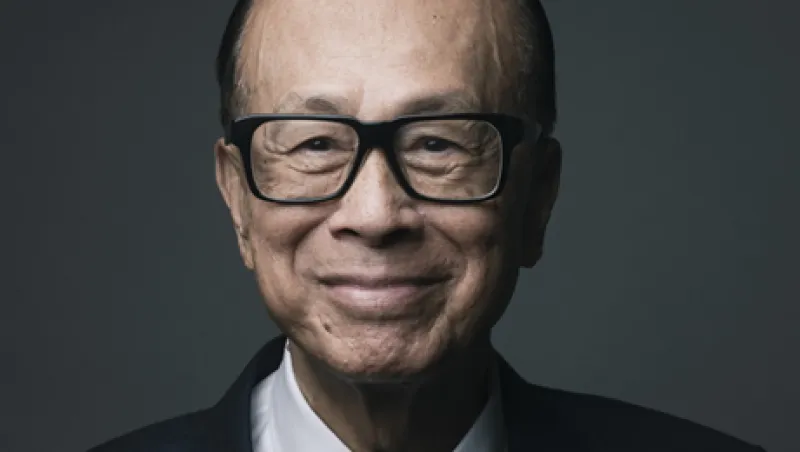
Billionaire Li Ka-shing, chairman of CK Hutchison Holdings Ltd. and Cheung Kong Property Holdings Ltd., sits for a photograph in Hong Kong, China, on Thursday, June 16, 2016. Hong Kong's richest man stepped up his calls for Britons to vote in favor of staying in the European Union as the world braces for the outcome of this week's vote. Photographer: Calvin Sit/Bloomberg
Calvin Sit/Bloomberg

